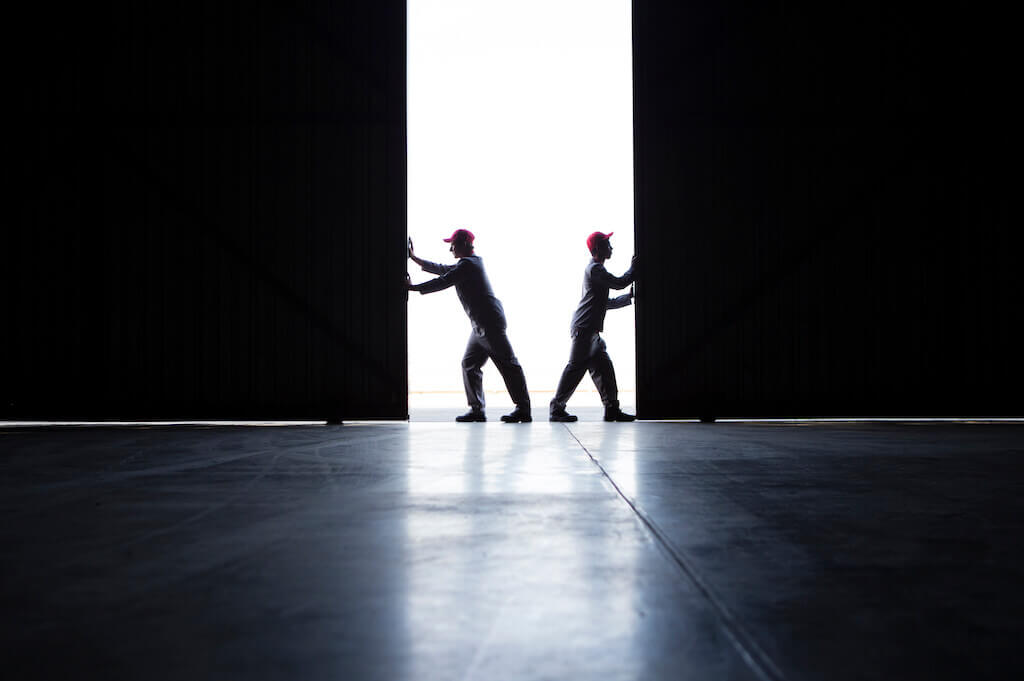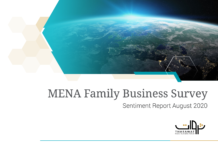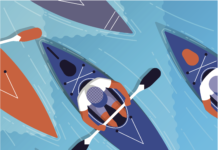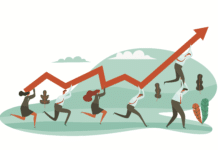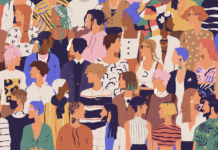Devices with advanced learning and problem-solving abilities will have a tremendous advantage over conventional technology. Whether these devices’ inevitable, wide-reaching impact on industry will be equally advantageous for society as a whole remains a topic of debate. Many economists are quick to point out that landmark transformations in labour markets, such as the Industrial Revolution, did not cause social chaos. As cottage industry work became redundant, urban factory jobs were created.
The AI revolution, however, may be unique. Artificial intelligence blurs the line between a tool and a sentient being. Unlike past disruptions, forecasting the future might have more to do with imagination than historical precedent.
Defining AI
Mathematician and computer pioneer, Alan Turing laid out the framework for artificial intelligence in his 1950 paper “Computing Machinery and Intelligence”. Unfortunately for Turing, and his concept, early computers lacked the ability to store and execute commands – a prerequisite for the development of AI.
It would be just six years later in 1956 during the Dartmouth Summer Research Project on artificial intelligence that the first problem- solving computer program made its debut. By the 1990s, with the advent and compounded increase in computer storage and processing speed, AI came into its own, famously defeating chess grandmaster Gary Kasparov in 1997 as Deep Blue.
Today, AI is ubiquitous – albeit not in the way science fiction imagined. Switchboards crackle with speech recognition and digital personal assistants such as Siri provide answers to any query in any language. AI is heading towards a form of general intelligence. Technology that incorporates reason, learning and advanced problem-solving with a nearly infinite capacity to assimilate data will eventually impact every aspect of humanity. That totality of perfusion might still be decades away, but the impact of the AI revolution is already being felt in some sectors.
AI Impacts on Industry – Retail
AI has already changed the retail world. Voice assistants, augmented reality and facial recognition are being developed and deployed in sales and customer service; intelligent software is streamlining inventory and supply chain management.
According to the National Retail Federation, the retail industry is the largest private sector employer in the US economy. The increasing use of AI in retail is inevitable. The impact this will have, however, is unpredictable. While a shift in supplanting retail sales jobs with AI seems certain, there will also be an increased demand for engineering jobs in the sector, and this may offset job loss.
The most disruptive AI-driven trend in retail is the unprecedented ability for retailers to collect data. Adopters will have the advantage of tailoring customer experiences based on intelligent data, analytics and even reactionary audible responses.
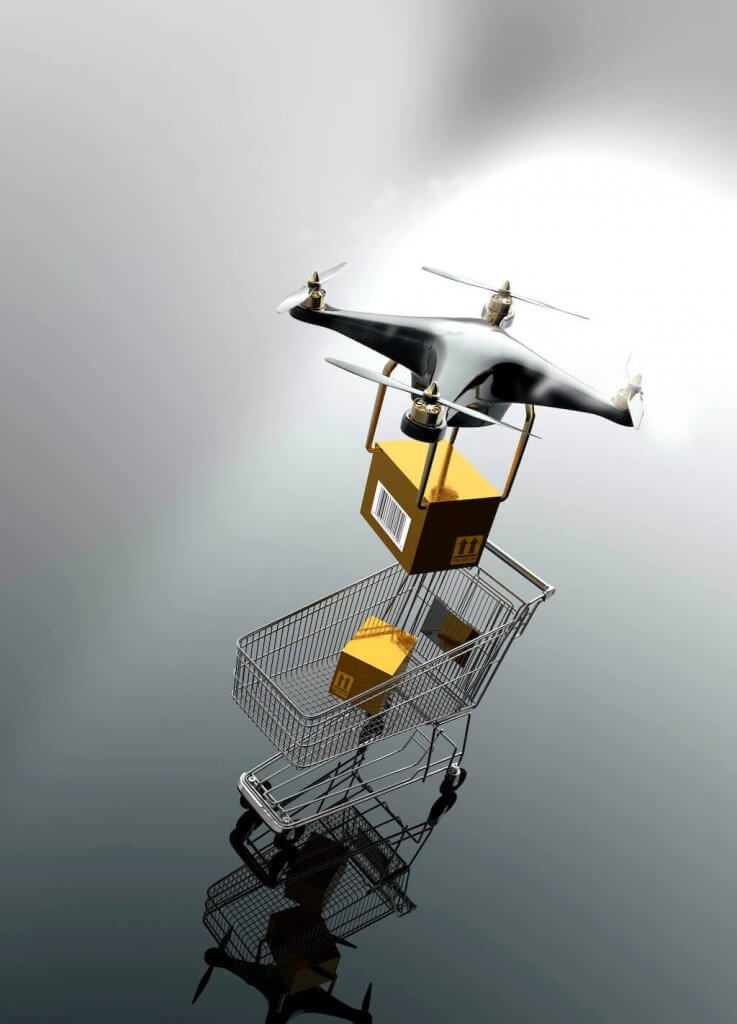
Law
According to Deloitte, 39 per cent of jobs in the legal sector will be automated over the next ten years. Entry-level work, such as research, database keyword scanning and citation writing are likely the first to be relegated to machines. Billable hours will decrease, and clients will not have to pay as much for routine work. Paralegals and others with lower-level office positions are likely to feel the brunt of this disruption.
Take the first legal chatbot, known as DoNotPay, introduced in 2016 by Stanford University student Josh Browder. Since its genesis, the website has appealed over 160,000 parking tickets in London and New York City. While still narrow in their scope, AI options such as legal chatbots free up human lawyers and improve efficiency – their potential to replace lawyers or law firms entirely is no longer science fiction.
Lawyers, however, might also benefit from the proliferation of legally competent artificial intelligence. Attorneys able to leverage the power of AI in their practice stand to transform the legal profession from the ground up.
Healthcare
AI is currently used in the healthcare industry to minimise wait times, increase the accuracy of treatment, predict diseases and automate diagnostic testing. Its potential also extends into the pharmaceutical industry, with AI projected to have transformative impacts on data-heavy tasks, such as drug formulations and DNA analysis.
According to Accenture, the AI health market is experiencing a period of rapid expansion, with a projected valuation of 6.6 billion dollars by 2021, up from 600 million dollars in 2014. Industry analysts anticipate 150 billion dollars in savings annually by 2026, as machines gradually replace humans doing routine jobs, lowering costs.
Patient-friendly chatbots are poised to assist in diagnostics, and as robotics become more advanced, their marriage with AI holds enormous potential to improve the quality of healthcare. The possibility of machines performing medical procedures without the help of a human surgeon is becoming a reality.
Shipping
Supply chain management analysis involves a tremendous amount of data. AI can potentially identify patterns and offer insights into all supply chain links, drastically improving systems. Autonomous trucks and self-piloted ships will eventually become the norm operationally, reducing costs but also putting drivers and crews out of work.
In a 2018 joint report by DHL and IBM on the implications of AI in the logistics industry, they point to the challenges of the customs brokerage process and hint that AI could improve and accelerate the method:
“The major issue with customs declarations today is that they rely on highly complex manual processes that require skilful knowledge of regulations, industries, and customers…It is difficult for human workers to maintain consistent levels of concentration throughout the workday.”

Finance
AI-powered advisory platforms will change the investment landscape. The automation of asset management advisors will likely give a broader range of investors the confidence to leverage their money.
The most profound impact in finance may come from AI’s ability to apply pattern recognition to the big data generated by the stock market – Wall Street has already embraced AI as a forecasting tool. In the future, evaluations based on public remarks, speech patterns and word usage by a company’s management could be applied to historical data to make eerily accurate predictions about stock performance.
[ms-protect-content id=”4069,4129″]
Limitations
Artificial intelligence will redefine industry and reshape society. Some sectors, however, might be impacted later than others. Education, for example, may be one of the least viable applications for AI. The core of teaching involves experience and expertise in addition to highly involved human interaction, which poses a Herculean challenge for artificial intelligence.
Creative industries, such as the arts, may be the closest to AI-proof. artificial intelligence has proven adept at identifying and even replicating art but does not fare as well when it comes to the creative process itself. Much of what we consider artistic reflects a contextual relevancy that AI may never fully grasp. The philosophy of art is a contentious subject, but most would agree art has something to do with empathy – art resonates. AI will eventually create its own art, but we might not be able to relate to it.
That said, evidence suggests artificial intelligence has a good handle on our preferences, at least when it comes to pop music. Artists have been using AI to aid in the composition process, and the results have been encouraging. Even if Taryn Southern’s single “Break Free”, made with the help of IBM’s Watson Beat, didn’t make it to number one on Billboard charts, it did generate a significant amount of industry buzz. It is completely indistinguishable from other songs in the genre – a testament to AI’s uncanny capability to mimic attributes traditionally upheld as uniquely human.
Predicting the Future
Despite any perceived limitations or legitimate concerns over the widespread adoption of artificial intelligence, it is here to stay. AI will eventually touch every sector and influence every facet of industry. The extent of the disruption this causes, however, is still unclear. There is no shortage of AI-related doomsday scenarios, but as AI begins to fulfil the fantasy science fiction conceived of decades ago, there would appear to be optimism from most, and even a modicum of allegorical comfort at the end of the yellow brick road, where the Tin Man gets a heart.
[/ms-protect-content]


